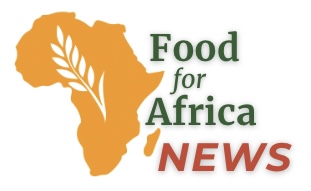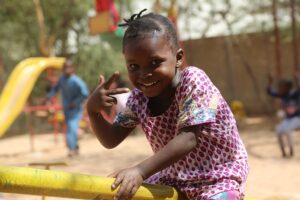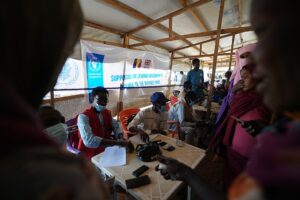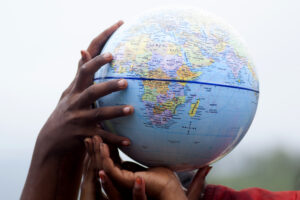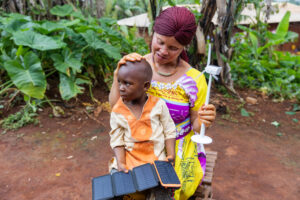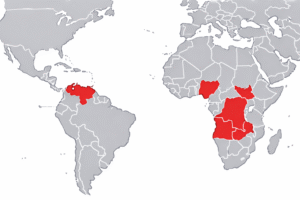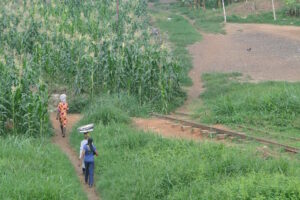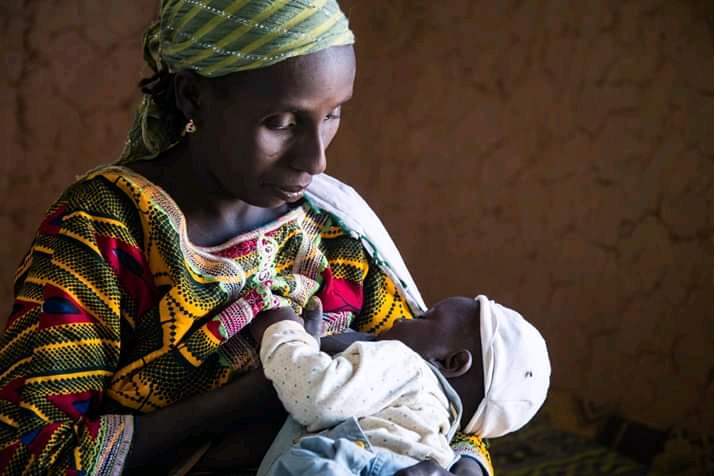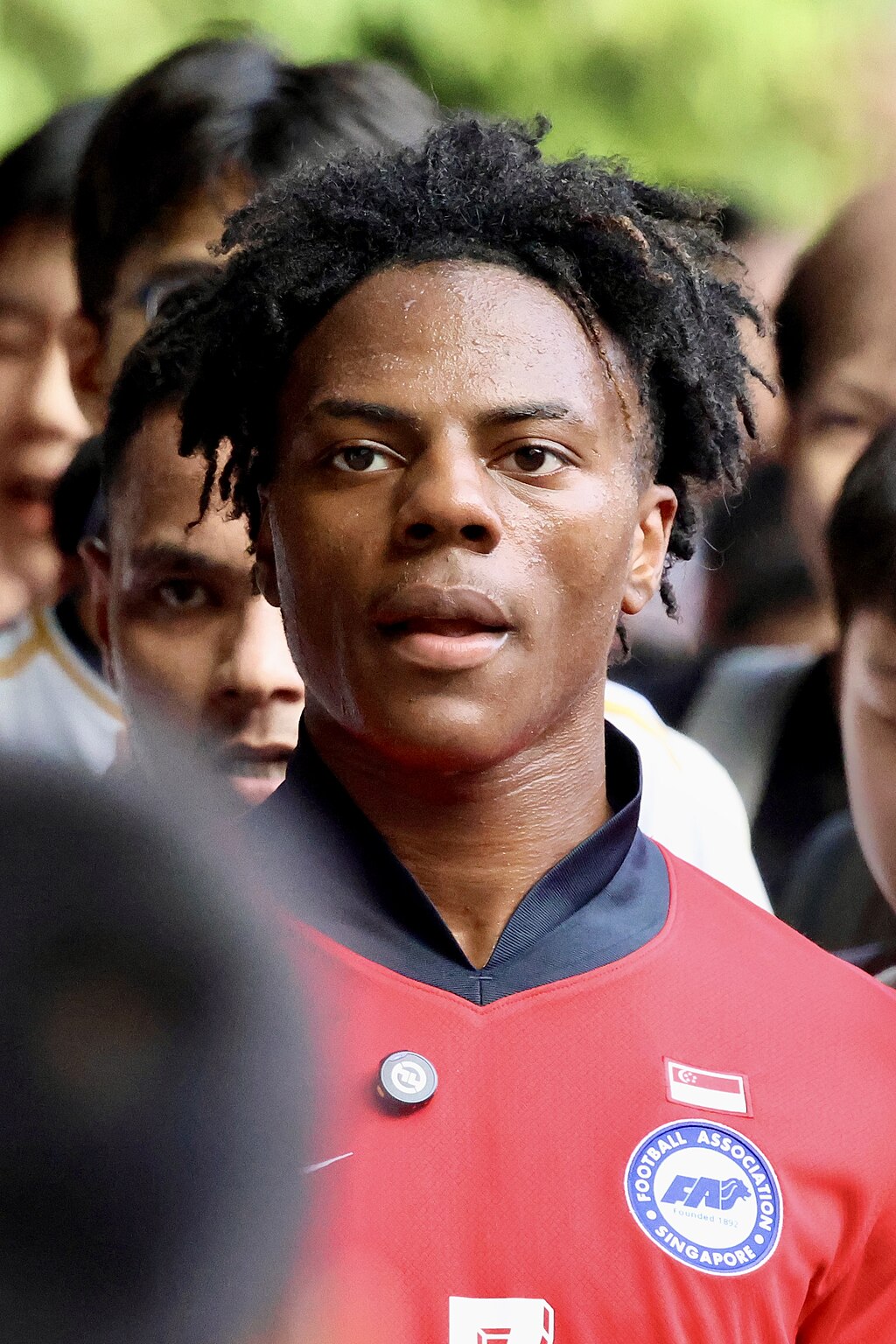Accra, Ghana — UNICEF warns millions of children face losing nutrition lifelines. As Ghana launches the Accra Initiative, critics ask whether hunger and poor nutrition—the root of so many diseases—will be fully addressed.
On August 3, 2025, The Presidency, The Republic of Ghana announced that President John Mahama will host the Africa Health Sovereignty Summit on August 5, 2025, bringing together political leaders, policymakers, and global health stakeholders. The official release outlined a bold agenda: to raise funding for health infrastructure, subsidize treatment for deadly chronic diseases, and establish a roadmap for health sovereignty through the Accra Initiative.
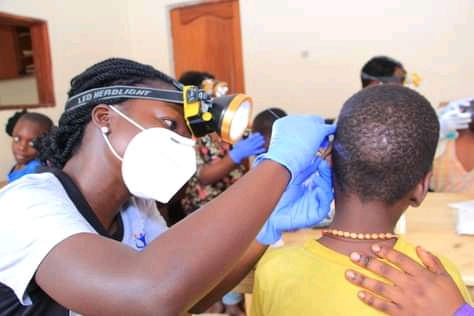
On August 3, 2025, The Presidency, The Republic of Ghana announced that President John Mahama will host the Africa Health Sovereignty Summit on August 5, 2025, bringing together political leaders, policymakers, and global health stakeholders. The official release outlined a bold agenda: to raise funding for health infrastructure, subsidize treatment for deadly chronic diseases, and establish a roadmap for health sovereignty through the Accra Initiative.
According to the statement, key outcomes will include a Presidential High-Level Panel to design a new health governance framework, the launch of the SUSTAIN initiative to promote country-led health systems financed by domestic resources, and the endorsement of the Accra Compact, setting shared principles of accountability, resilience, and sustainable funding.
This is unfolding against a backdrop of urgent warnings. Reuters reports that in Sudan, funding cuts are “driving children to the brink of irreversible harm,” with only 23% of the $4.16 billion global humanitarian response plan funded. In Nigeria and Ethiopia, more than one million malnourished children under five risk losing access to therapeutic nutrition this year, with UNICEF cautioning that supplies could run dry within months—affecting 70,000 children in Ethiopia and 80,000 in Nigeria.
“Funding cuts are slashing children’s lifelines. UNICEF’s life-saving work isn’t a handout. It’s a hand up for everyone.” The warning from UNICEF resonates sharply as Ghana convenes a landmark health summit in Accra.
The Hunger-Health Connection
While the Summit agenda focuses on health sovereignty, hunger remains the silent driver of Africa’s health crisis. Malnutrition is directly linked to higher rates of malaria, pneumonia, diarrheal diseases, and maternal mortality. WHO and UNICEF have repeatedly stressed that without tackling poor nutrition, no amount of health infrastructure will stem the tide of illness and death.
Yet, as of the Presidency’s August 3 release, explicit strategies to address hunger and nutrition were not listed among the Summit’s core deliverables. This omission raises questions: Will the Accra Compact and SUSTAIN framework fully recognize the role of food insecurity in Africa’s health struggles?
A Call for Integrated Action
For sovereignty to be meaningful, experts argue that nutrition must be folded into health reform. That means aligning national health insurance and new medical trust funds with child feeding programs, fortified staple foods, and community nutrition interventions. Taxation on alcohol and sugary drinks—as highlighted by WHO as potential health revenue streams—could be redirected to subsidize healthy staples for schools and vulnerable families.
Private sector engagement is also key. Companies already innovating in food supply chains, from cold storage to fortified grain distribution, could partner with governments under the Accra Initiative to decentralize access to both food and care.
Looking Ahead
President Mahama has framed this Summit as a moment of continental leadership, recalling his role during the 2014 Ebola outbreak when Ghana coordinated a regional response. The Accra Initiative and Accra Compact could mark a turning point in Africa’s health sovereignty.
But for millions of children at risk of malnutrition-related illness, sovereignty will only be real if hunger is explicitly tackled alongside healthcare. As UNICEF warns, when funding cuts slash lifelines, children cannot wait for promises—they need food, nutrition, and care today.
Source: The Presidency, The Republic of Ghana
Featured Photo Attribution: Younesse Bourrich, CC BY-SA 4.0, via Wikimedia Commons
